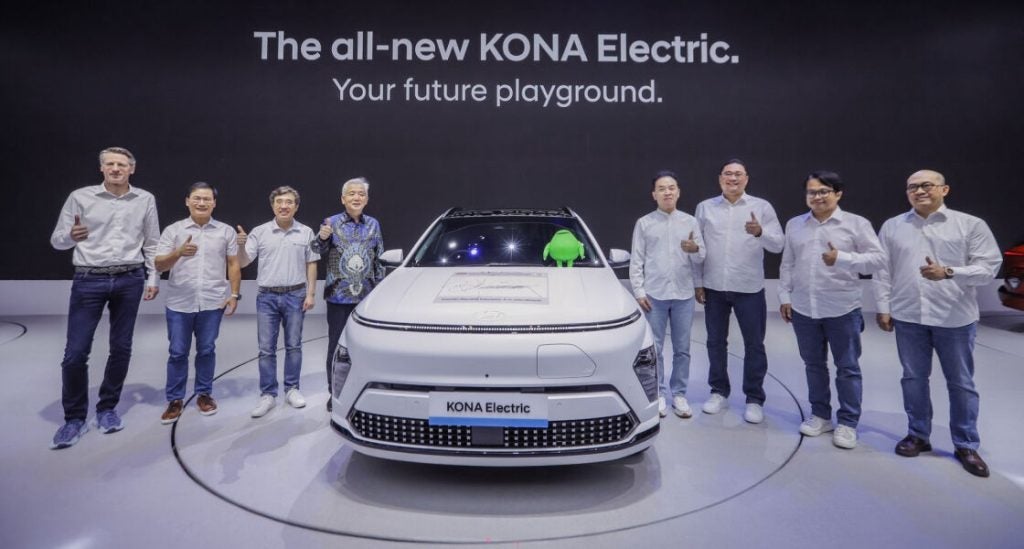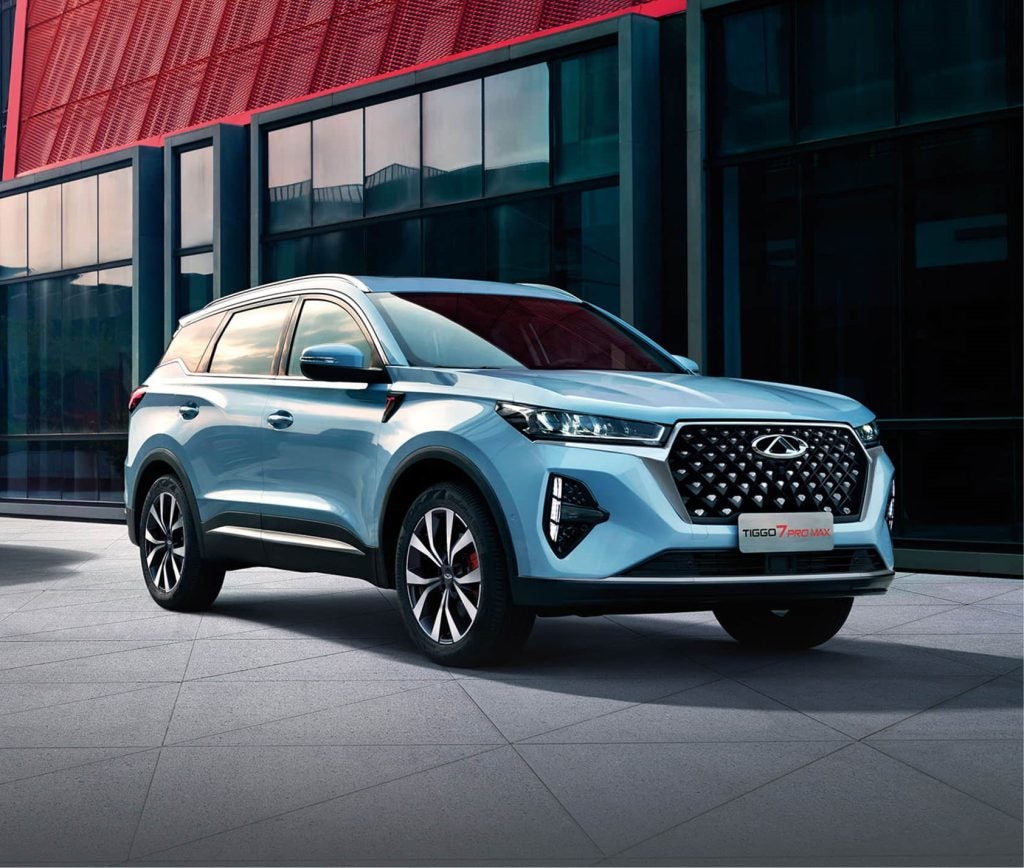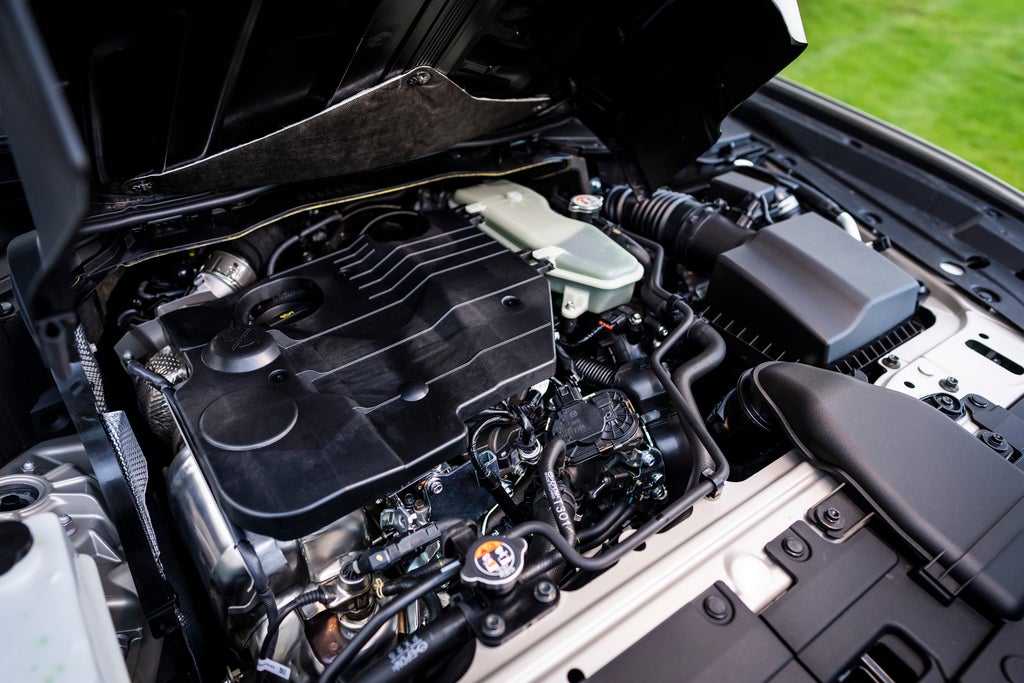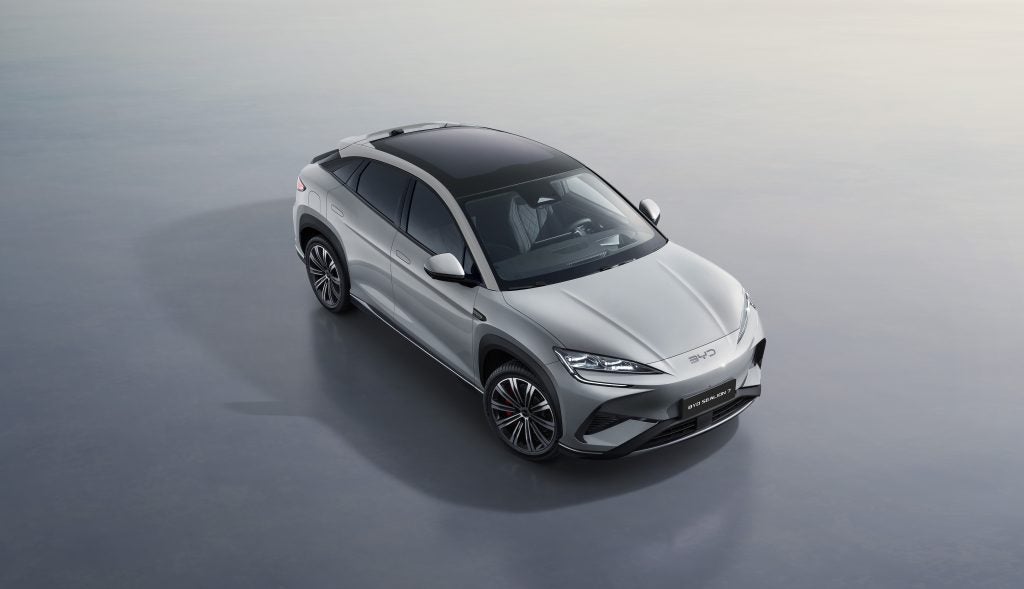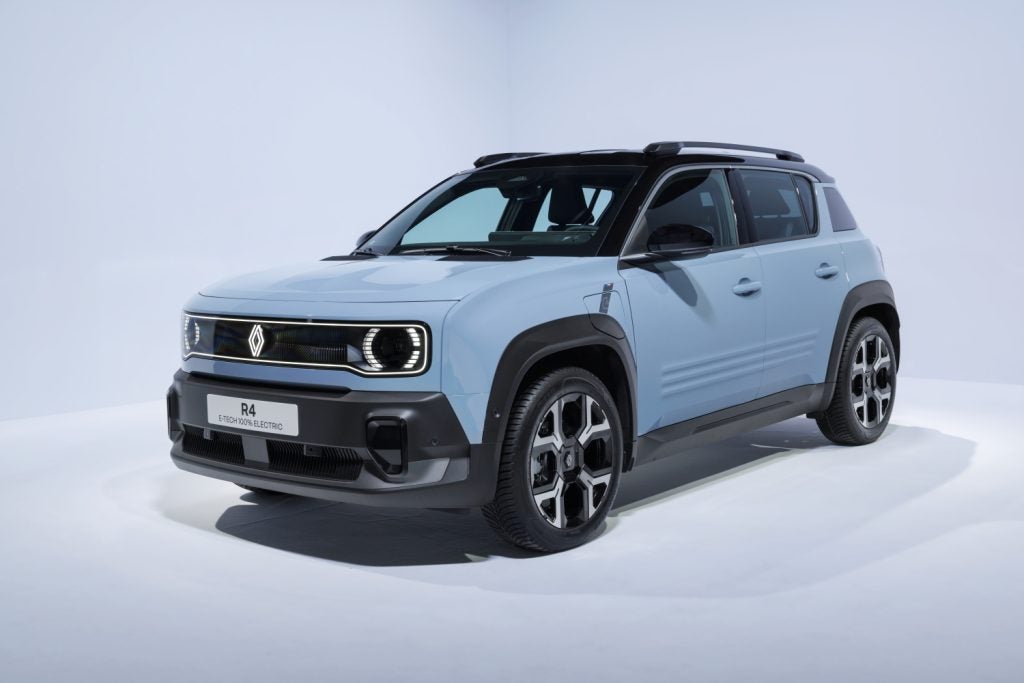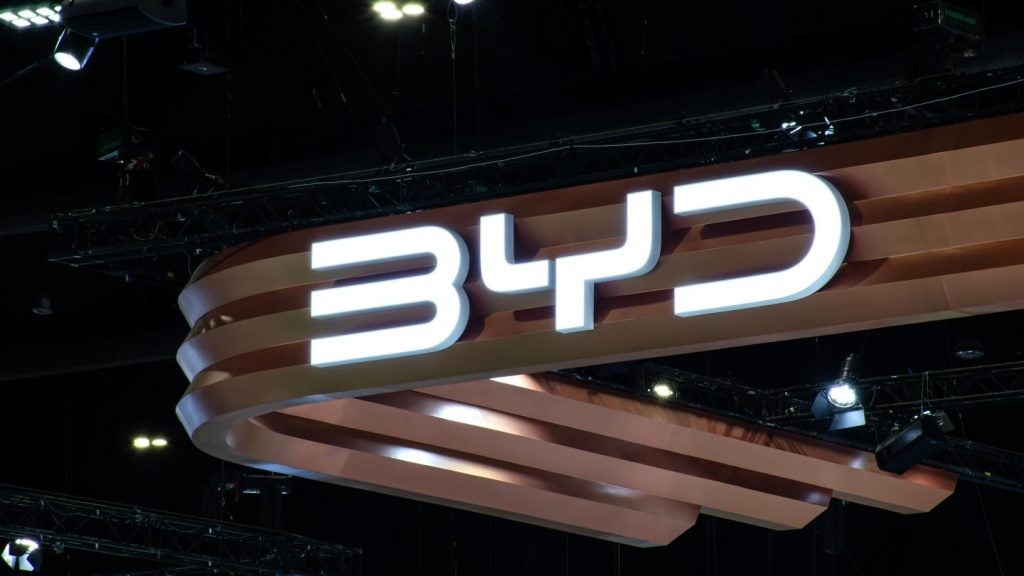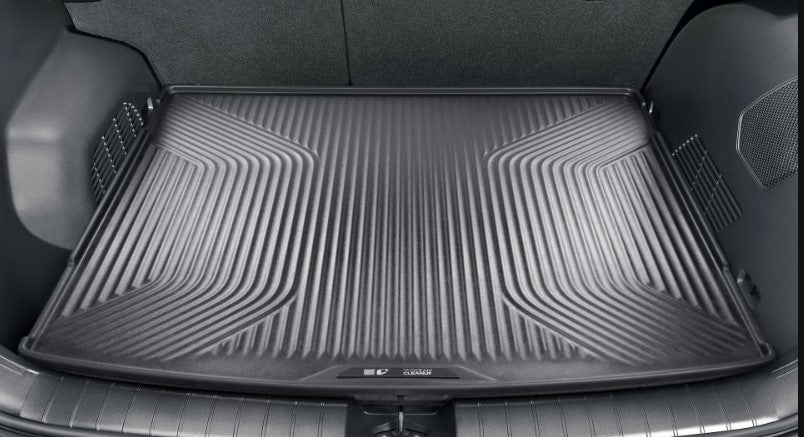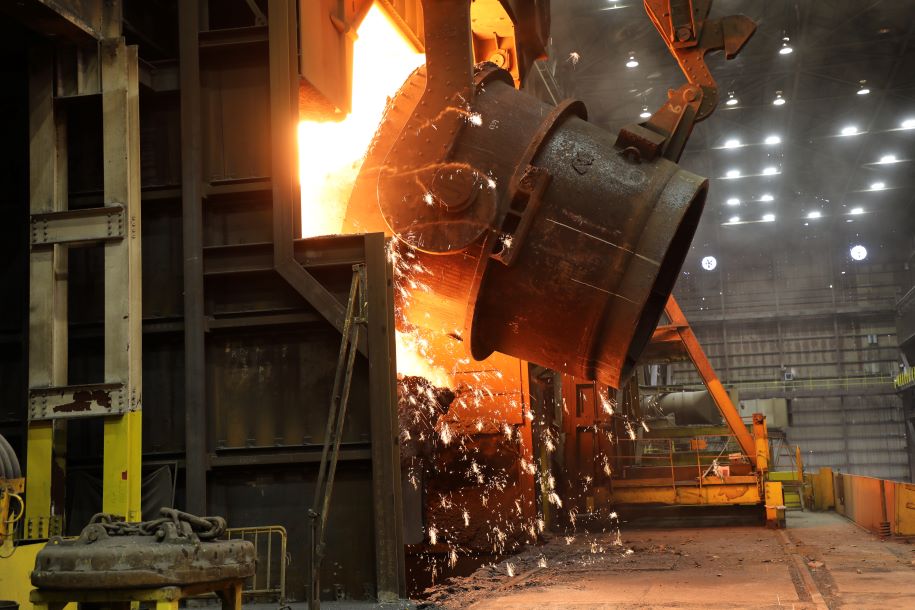New vehicle sales in Indonesia declined by 9% to 72,667 units in September 2024 from 79,883 units a year earlier, according to wholesale data compiled by automotive industry association Gaikindo.
Last month’s sales came up against already weak year-earlier volumes, with the market having been in decline now for well over a year after rebounding strongly in the previous two years from the pandemic lows. Market sentiment has weakened significantly this year, with consumers increasingly shunning large purchases. Bank Indonesia cut its benchmark interest rate by 25 basis points to 6.0% last month, the first cut since 2021, to help support domestic consumption.
The Indonesian vehicle market declined by 16% to 633,218 units in the first nine months of 2024 from 755,173 in the same period of last year, with sales of passenger vehicles falling by 15% to 493,050 units while commercial vehicle sales plunged by 21% to 140,168 units.
Toyota’s sales declined by 15% to 208,301 units year to date (YTD), with its Daihatsu subsidiary also reporting a 15% drop to 125,849 units; Honda 69,320 units (-36%); Mitsubishi 54,207 (-7%); and Suzuki 48,991 units (-19%).
Overall vehicle production in the country fell by 17% to 881,574 units in this period while exports of assembled vehicles dropped by 10% to 343,223 units.
Sales of battery electric vehicles (BEVs) surged almost threefold to 27,440 units YTD, most of which were Chinese models. The best-seller was the Wuling Binguo small car priced from IDR317m (US$20,550) with 4,054 deliveries, with the company also selling 2,943 Cloud models and 2,149 Air micro-cars. BYD delivered 8,536 BEVs after it launched sales operations in June, while Chery sold 3,961 Omoda E5s, followed by SAIC Motor and Hyundai.
Hyundai began sales of the locally-produced Kona Electric small SUV in July, powered by batteries produced at its local joint venture plant with LG Energy Solution, while GAC Aion’s local distributor Indomobil launched sales of the Y Plus BEV in August.
Earlier this year the government set a target for BEV sales to reach 50,000 units in 2024, after it extended the sales tax discount (from 11% to 1%) until the end of the year to help drive up demand and attract inward investment. It has also suspended the import duty on BEVs until the end of 2025 for companies investing in local production.
China’s Hozon Auto began local assembly of its Neta V-II BEV in August, after its imported Neta V went on sale in the country in the fourth quarter of 2023. The company confirmed it is targeting local content of 60% and plans to export to other right-hand drive markets in the region. BYD and Vietnam’s VinFast also plan to build BEV assembly plants in the country.


